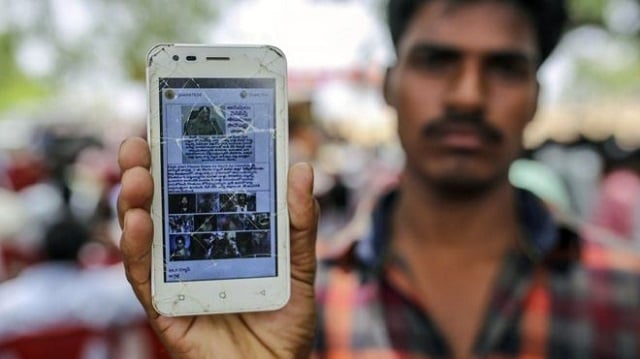
A rising tide of nationalism in India is driving ordinary citizens to spread fake news, research carried out by BBC shows.
The research found that facts were less important to some than the emotional desire to bolster national identity.
Social media analysis shows that right-wing networks are much more calibrated than on the left which had pushed nationalistic fake stories even more.
Death by 'fake news': social media-fuelled lynchings shock India
There was also an overlap of fake news sources on Twitter and support networks of Prime Minister Narendra Modi.
The findings come from extensive research in India, Kenya, and Nigeria into the way ordinary citizens engage with and spread fake news.
The participants gave extensive access to their phones over a seven-day period that allowed researchers to dissect the kinds of material they shared, whom they shared it with and the frequency.
The research, commissioned by the BBC World Service and published today, forms part of "Beyond Fake News" - a series across TV, radio and digital that aiming to probe how disinformation and fake news are affecting people globally.
In all three countries, distrust of mainstream news outlets drove people to spread information from alternative sources, without attempting to verify it, in the belief that they were helping to spread the real story. People were also overly confident in their ability to spot fake news.
The sheer flood of digital information being spread in 2018 is aggravating the issue. Participants in the BBC research made little attempt to query the original source of fake news messages, looking instead to alternative signs that the information was reliable.
WhatsApp launches Indian media blitz to dispel fake news woes
These included the number of comments on a Facebook post, the kinds of images on the posts, or the sender, with people assuming WhatsApp messages from family and friends could be trusted and sent on without checking.
The article originally appeared in BBC















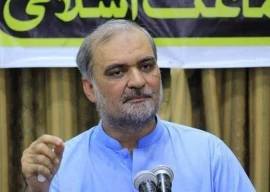

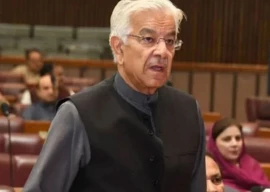
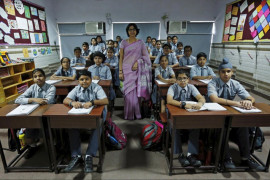
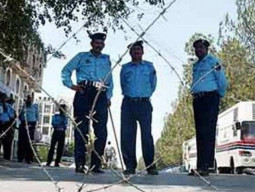










1714024018-0/ModiLara-(1)1714024018-0-270x192.webp)










COMMENTS
Comments are moderated and generally will be posted if they are on-topic and not abusive.
For more information, please see our Comments FAQ